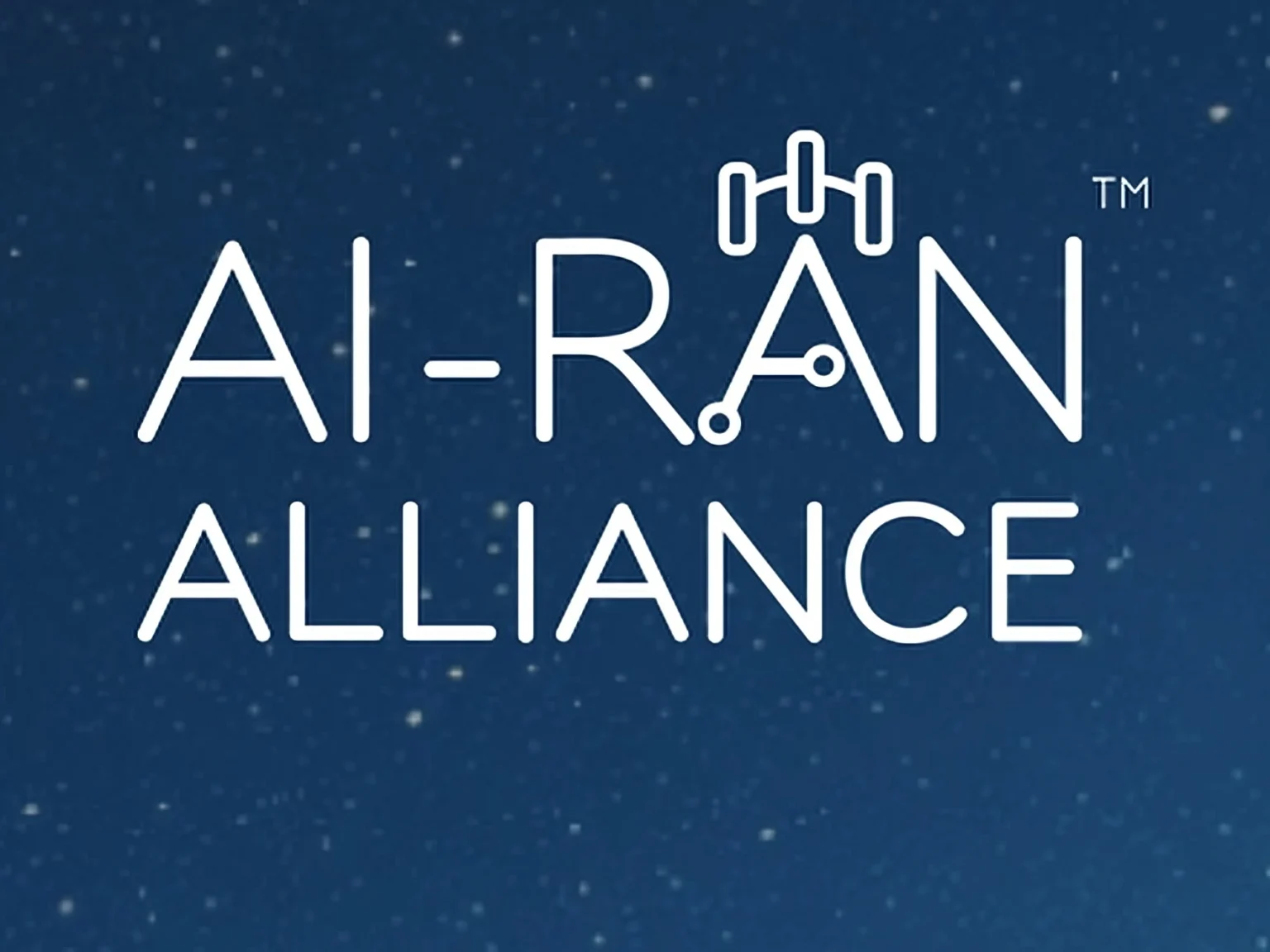- AI RAN expected to drive 33% of the RAN market by 2029
- Focus on D-RAN, 5G, and efficiency rather than new revenue streams
What happened: AI RAN to reach 33% by 2029
A new report from Dell’Oro Group predicts that AI-driven Radio Access Networks (AI RAN) will make up about 33% of the total RAN market by 2029. The research highlights that the shift to AI RAN will primarily focus on Distributed RAN (D-RAN), single-purpose deployments, and the development of 5G networks. These areas will be crucial to enhancing efficiency, automating processes, and delivering improved user experiences. The report also points out that AI will help operators optimise their networks, but it won’t lead to new sources of revenue shortly. The primary goal for operators in the short term is to improve network performance and reduce costs.
The report also mentions that existing radio and baseband suppliers will be in a strong position as AI RAN rolls out. This is because the AI upgrades will rely on the current hardware. Stefan Pongratz, Vice President at Dell’Oro Group, explains that the short-term focus is more on making networks more efficient rather than generating extra income. AI RAN can enhance user experience, reduce power use, and play a role in the wider push towards network automation.
Also read: Samsung partners with Nvidia for AI-RAN
Also read: Open RAN trial at Allianz Stadium
Why it’s important
The importance of AI RAN lies in its potential to improve network efficiency and help operators manage the growing demand for 5G and future technologies. With 5G networks expanding, AI will play an essential role in managing large amounts of data and automating many of the tasks that would otherwise require human input. AI RAN also has the potential to cut down on energy use and reduce operational costs, making it a crucial tool for the telecom industry. However, there is still a level of caution regarding its ability to boost revenues. Many operators remain sceptical about AI’s potential to turn around the flat revenue growth that has been seen during previous 4G and 5G cycles.
Vodafone Group’s recent decision to join the AI-RAN Alliance highlights the growing interest in AI RAN, even though the alliance has not seen much progress since its formation last year. With fewer operator members than expected, the alliance remains quiet but could play a key role in the future. The shift towards AI RAN will help telecom operators better compete in an increasingly digital world, but its impact on revenue generation is still uncertain.

